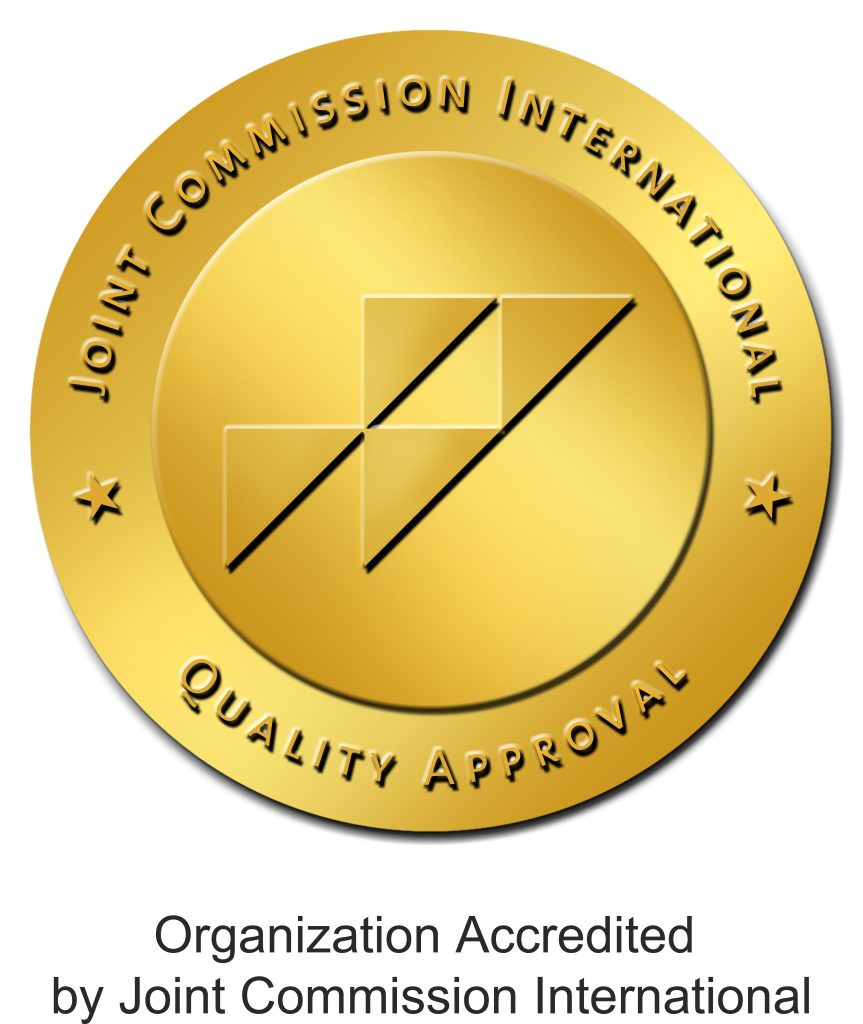Healthy, intentional procrastination can be a sign of wisdom. First of all, we should distinguish between procrastination and laziness, because the difference is whether you have a strategy or not.
Sometimes, procrastination is about prioritising and asking yourself: “Is it the right time to go for this target? Or would it be better if I stepped back, relaxed and came back to the project?”
When we have a goal, it is not always good to go for it without pausing. Taking a break could actually allow us to be stronger in the direction we want to go in.
There is difference between active and passive laziness. For example, the book of ancient Chinese widson ‘I Ching’ is in a way a big promoter of procrastination. It deals with how one should behave in the world, according to their goals and objectives — what is the right moment to advance, the right moment to stay still, the right moment to go back and the right direction to take?“Culture, social pressure and coercion from family force women to commit in a relationship and because of those constructs we are trained to look down upon women who choose to remain single,” added Tosatto. These ideals sometimes lead women to settle and stray from their plans of remaining solo.
Today, we are living in a ‘globalised society’ that in a way doesn’t like too much procrastination because it is based on on consuming, which in itself is based on impulse. For example, you go to a mall and see a product. The manufacturer wants you to buy it immediately. If we fall ill, there is a pill that makes you feel well instantly.
There is no culture of waiting or analyzing the ‘why’ or ‘how’. If there is something unpleasant, we have been educated, for economical reasons, to never wait and go for the immediate, short-term satisfaction. Healthy procrastination goes a little bit in the opposite direction. It means deliberately choosing long-term satisfaction.
However, I would not club it together with indecision. Indecision is the inability to make up your mind, whereas active procrastination is very intentional. Indecision could lead to procrastination, but the two are not the same.
The reason why procrastination can help us deliver better is because these are related to tasks that we would otherwise not enjoy doing. So, if there is no external pressure, we would not do it. However, if not doing it means that I won’t get my salary, then I am obliged to do it. When the fear of the consequence becomes so high that the comfort of not doing what you don’t like to do is no longer worth it, you will act.
Dr. Andrea Tosatto
Clinical Psychologist, ACPN
(Gulf News, May 4, 2018)



